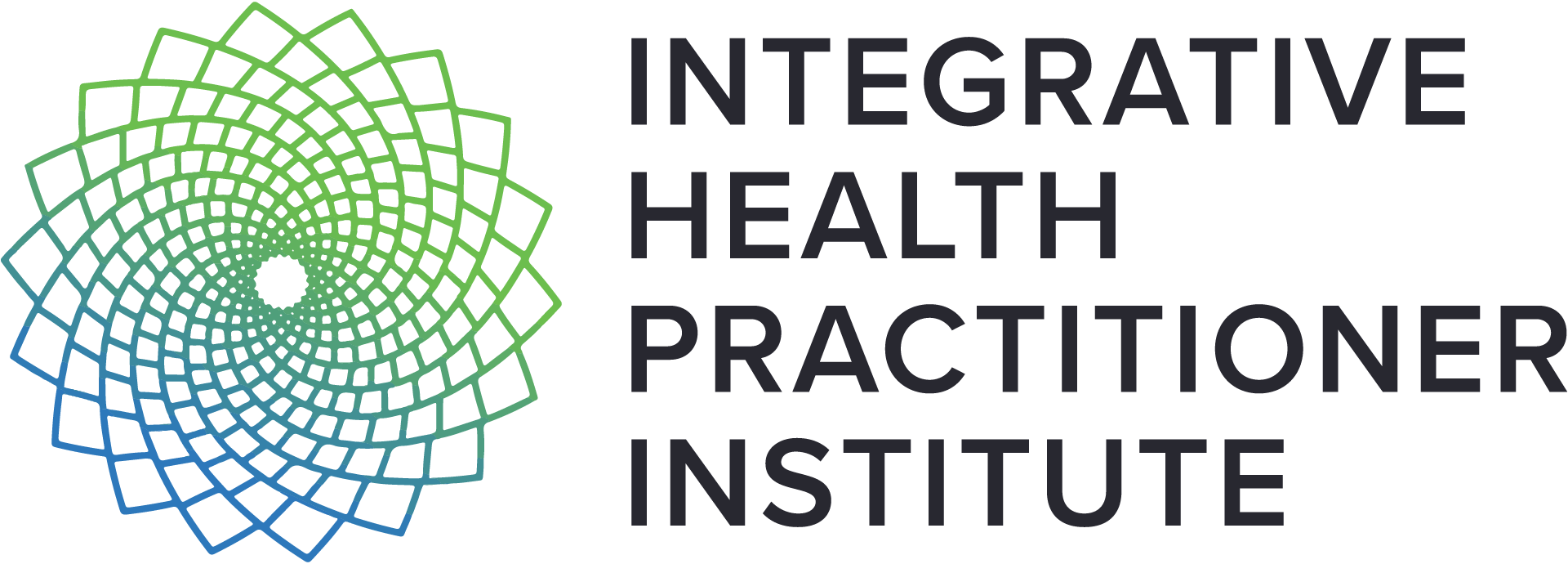Chronic stress affects a staggering 77% of Americans, contributing to elevated cortisol levels and potential hormonal imbalances.
Men’s hormones play a key role in managing many of the body’s functions. They affect physical energy, sexual performance, mental clarity, and emotional stability. Hormones like testosterone, DHEA, and cortisol help control various aspects of male health, including muscle strength and mood. Keeping these hormones in balance is crucial for both physical and mental well-being. In this blog, we’ll explore the intricate world of men’s hormones, highlight signs of hormonal imbalances, and share tips on how to maintain a healthy hormonal balance.

Understanding Testosterone: The Key to Male Health
Let’s embark on our journey into the domain of hormone equilibrium, focusing specifically on testosterone. While existing in both genders, testosterone predominantly influences men’s physical progression, fostering muscle development, enhancing bone density, and fueling libido. When testosterone declines, men may encounter fatigue, reduced libido, muscle frailty, and mood fluctuations. Conversely, heightened testosterone levels might provoke aggression, acne breakouts, and elevate cardiovascular risks.
Men’s Hormones: Unlocking Balance with DHEA
Next up is DHEA (Dehydroepiandrosterone), a precursor hormone produced by the adrenal glands. DHEA serves as a crucial element in optimal hormone health. It facilitates the synthesis of testosterone and estrogen, bolsters immune response, and mitigates stress. Low DHEA levels can lead to fatigue, depression, reduced libido, and compromised immunity. Conversely, elevated DHEA levels may result in oily skin, acne, and mood fluctuations.
The Role of Cortisol: Balancing Stress and Hormonal Function
Now, let’s consider cortisol, the stress hormone that plays a pivotal role in either amplifying or impeding hormonal balance. Cortisol acts as a regulatory mechanism in response to stress, modulating metabolism, immune function, and inflammation. Prolonged stress can perpetuate heightened cortisol levels, manifesting in symptoms like weight gain, insomnia, anxiety, and compromised immunity. Conversely, insufficient cortisol levels can induce fatigue, lower blood pressure, and increase cravings for salty foods.
Uncovering Hormonal Imbalances: A Closer Look at the IHP Level 2 Certification
After understanding the importance of hormones like testosterone, DHEA, and cortisol, it’s essential to have the means to assess and address any imbalances. The Integrative Health Practitioner Institute’s (IHPI) Level 2 certification dives deeper into lab testing, empowering students to interpret at-home labs effectively. This includes understanding key markers related to hormonal health, such as hormone levels, inflammation markers, and metabolic indicators. Armed with this knowledge, practitioners can tailor personalized wellness plans to target specific hormonal imbalances and support overall well-being. Through hands-on training and case studies, students learn to navigate the complexities of hormone testing and develop comprehensive strategies for restoring hormonal equilibrium in their clients.
As we navigate the intricate terrain of men’s hormonal health, the path to optimal vitality may seem daunting at times. However, with the guidance and support of IHPI, you can embark on a transformative journey towards hormonal harmony and well-being. Whether you’re a seasoned healthcare professional or an aspiring practitioner, the IHP Level 2 certification offers a gateway to advanced knowledge. It opens endless possibilities to apply the newly acquired practical skills for growth in your career.
The Foundations of Balancing Men’s Hormones
Achieving and maintaining optimal hormonal balance is essential for men’s overall health and well-being. This balance is influenced by various factors, with exercise, sleep, and nutrition being among the most crucial.
Firstly, regular physical activity, particularly resistance training, plays a significant role in hormonal regulation. Resistance training exercises such as weightlifting have been shown to not only boost testosterone levels but also decrease cortisol. By engaging in resistance training exercises consistently, men can support their body’s natural hormone production processes.
Furthermore, the quality and duration of sleep are integral to hormone regulation. During sleep, the body undergoes essential processes for hormone synthesis and regulation, including the release of growth hormone and testosterone. Prioritizing adequate sleep duration and quality can help ensure optimal hormone production and balance.
Additionally, nutrition plays a crucial role in supporting hormonal health. Consuming a diet rich in essential nutrients, including vitamins, minerals, and healthy fats, provides the building blocks necessary for hormone synthesis and regulation. Nutrient-dense foods such as fruits, vegetables, lean proteins, and whole grains can contribute to overall hormonal balance and well-being.
By addressing these lifestyle factors—exercise, sleep, and nutrition—men can take proactive steps to support their hormonal health, thereby fostering overall well-being and vitality.
Nourishing the Male Hormonal System: Essential Nutrients to Consider
Several nutrients play a critical role in supporting optimal testosterone and DHEA levels in men. Firstly, foods like oysters and nuts contain zinc, essential for testosterone production and regulation. Secondly, omega fatty acids, particularly omega-3s, support male hormonal health by reducing inflammation, boosting testosterone production, and improving cardiovascular health for better hormone delivery. Also, they help regulate cortisol levels and stabilize mood, which are crucial for maintaining overall hormonal balance. Thirdly, sunlight exposure provides Vitamin D, supporting testosterone synthesis and reproductive health.
Additionally, leafy greens and nuts are rich sources of magnesium, which enhances testosterone levels and metabolism. Furthermore, poultry and bananas contain Vitamin B6, aiding neurotransmitter synthesis for testosterone production. Moreover, omega-3 fatty acids from fish and seeds, selenium from Brazil nuts and seafood, and a balanced diet rich in antioxidants all contribute to hormone production and overall hormonal balance. By incorporating these nutrient-rich foods into one’s diet, individuals can support healthy testosterone and DHEA levels, promoting optimal hormone function and overall well-being.
Nurturing Men’s Hormones for Long-Term Health
Statistics reveal approximately 20% of men over the age of 60 experience low testosterone levels, a condition known as hypogonadism. Moreover, chronic stress affects a staggering 77% of Americans, contributing to elevated cortisol levels and potential hormonal imbalances. These figures underscore the widespread prevalence of hormonal disruptions in modern society and the urgency of addressing them through proactive measures.
However, maintaining a balance in hormonal levels is vital for men’s health. Overdoing it can disrupt this balance, leading to burnout and dysfunction. Just like overtraining without enough rest can result in fatigue, injury, and decreased performance, it’s crucial to find the right equilibrium between exertion and recovery. This ensures optimal hormonal health and overall well-being for men.
The exploration of men’s hormones has unveiled the intricate network governing various bodily functions, from physical vitality to emotional equilibrium. Through understanding the roles of testosterone, DHEA, and cortisol, along with identifying symptoms of imbalances, and discussing strategies for maintaining optimal hormonal balance, we’ve highlighted the importance of nurturing hormonal health.
Whether it’s through lifestyle adjustments, integrative health practices, or seeking professional guidance, prioritizing hormonal harmony is essential for long-term well-being. By embracing these insights and strategies, men can embark on a journey towards vitality and resilience, reclaiming control over their hormonal health for a fulfilling life ahead.
If you’re ready to take control of your hormone health journey and help others do the same, consider exploring the certification programs offered by the Integrative Health Practitioner Institute. In particular, IHP Level 2 provides invaluable insights into interpreting at-home labs and designing personalized wellness protocols to balance hormones effectively. Take the next step towards reclaiming your confidence and achieving hormonal harmony by scheduling a call with a graduate who can offer firsthand guidance and support. Your path to optimal health and vitality awaits.













